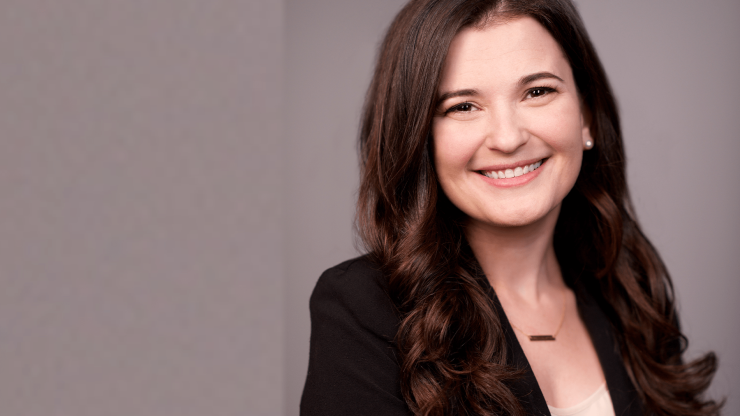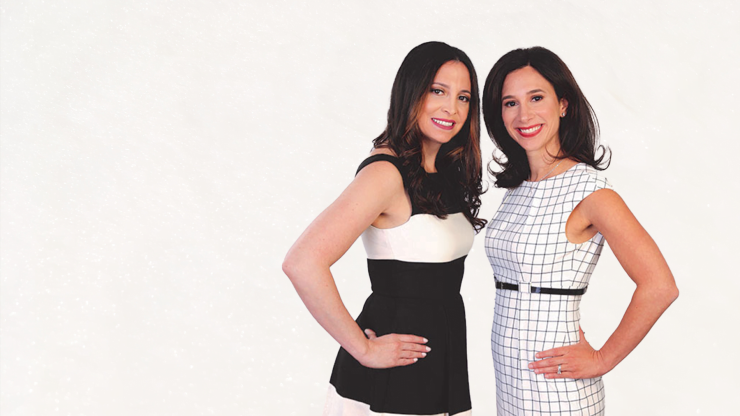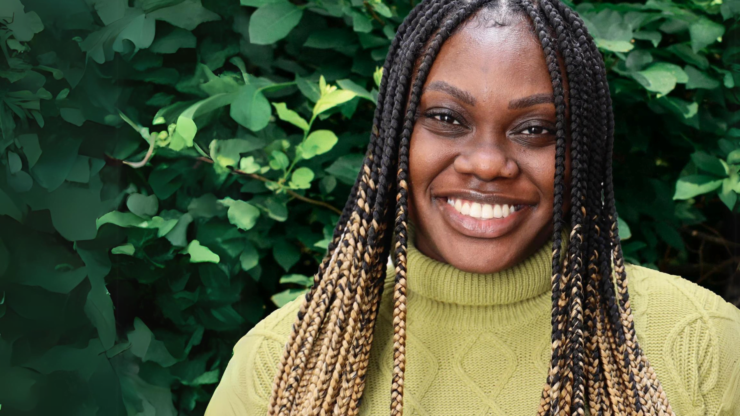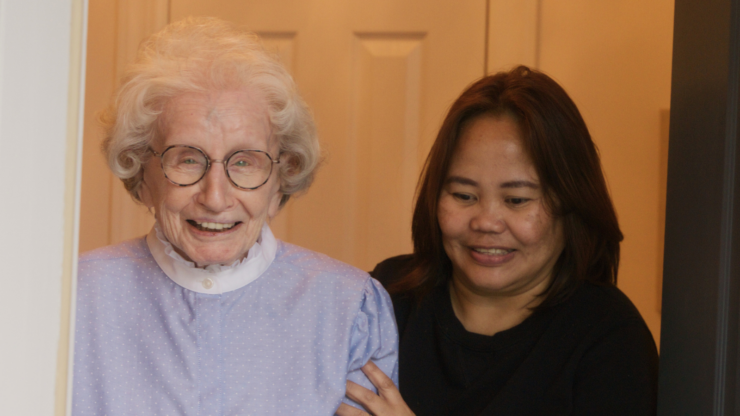
Ask The Expert: Interview with Weissman Wellness

Presented in Partnership with Weissman Wellness
Geriatric care is defined as the management of healthcare for aging individuals and specializes in meeting unique needs and challenges during the golden years. As the population increases and continues to age, the demand for specialized geriatric care services will increase as well.Join us this month as we ask a Geriatric Care Manager and Expert: Jacqueline Weissman, LCSW and founder of Weissman Wellness in a one-on-one discussion about her journey as a Geriatric Care Manager, Licensed Clinical Master of Social Work (LCSW), and how geriatric care is essential to our community.
LifeWorx: How did you begin your journey as a Licensed Clinical Master of Social Work (LCSW) at Weissman Wellness?
Jacqueline: I started my social work career working with kids in NYC schools. While important, I did not feel the connection I had hoped for. Later, when my mother became ill, I felt lost, helpless, and confused by what was available to us and who could offer support and guidance. I found myself looking for someone who could be my North Star for services and support- and that’s when I found care management. I was fortunate that a private care manager saw the fire and passion in my eyes and hired me despite my experience being school-based. After working in the private care management sector for years, I decided to establish my own care management company: Weissman Wellness, where I would be able to curate a team that shared my passion for enabling our clients to age in place, have a quality of life and be heard and advocated for.
LifeWorx: Describe a success story you’ve had at Weissman Wellness so far.
Jacqueline: Early on, I was privileged to work with a “true New Yorker”. This 80something-year-old man had lived his life in the city and had spent the better part of the last 5 decades on the UWS. He had outlived his wife, who shared his love for the stage and the arts, and had spent years feeling alone and without purpose. Much of our time together was spent going to and from doctors’ appointments and ensuring that he was comfortable and safe in his home. On his better days, he would tell me stories of his time on the stage, or what he viewed as the highlights of his career. He did not consider himself retired, but instead just unable to participate. He had developed an aversion to leaving the house as he was fearful of having an accident or being embarrassed. Most of our outings were within 1 city block of his home.
One day when talking about his love of Broadway, I suggested that we see a show. He was hesitant and suggested we revisit it in the future. A few months passed and he brought it up to me to see if I would be willing to accompany him, and his aide to the show so that he would be comfortable. As the day approached his excitement grew, as did his anxiety. When we arrived at the theater, there was a spark that I had never seen. He watched the show, and I watched his face and the emotion on it. It was amazing to be able to be a part of this moment with him. After the show, I suggested we stop by Sardi’s for a drink- his old haunt, a place he had told me so many stories about. I was certain he would be tired and say no, but he said yes. We sat at his old table, and he told stories of the good time had here. When we returned to his home, he was exhausted and grateful. It was the last show he would see, and I was honored to be a part of it. Enabling him to participate in the things he loved is why I love Care Management.
LifeWorx: What do you find is the most rewarding aspect of what you do?
Jacqueline: There is nothing like seeing the immediate and tangible effect we can have on people. Seeing homebound clients receive services that enable them to participate in the world again, enabling clients to reengage with a hobby that they abandoned due to a physical or mental change, giving families the ability to go back to being family members as opposed to caregivers, and the positive impact that has on the entire unit. These are small, but powerful aspects of what we do. However, allowing one to die with dignity, in the place and in the way that they wish is the final gift that I am so thankful to be a part of.
LifeWorx: How do you balance the needs of a client with the needs of their family?
Jacqueline: Navigating a family’s dynamic is challenging. As GCM, our role is to be an advocate for the client and ensure that they are being heard, not only by their care team but by their family as well. We take pride in making certain that both the client and the family unit are heard regarding all aspects of care: goals, concerns, wishes, etc. We act as social workers, mediators, and sometimes an accidental therapists when it comes to families: I only say accidental, as I refer to reoccurring therapy so as to not create a conflict with our main role, which is care manager.
LifeWorx: What advice do you have for families who need geriatric care services?
Jacqueline: Reach out. Care managers are so much more than a reaction to an emergent situation. We are a pre-plan. We are an “in case of emergency call”. We are a stand-in family member. We are your quarterback and your pillar. We look at your loved one through various lenses to ensure that all needs now, and in the future are addressed and planned for. I suggest anyone thinking about a GCM reach out to us or to any care management group that you have discovered to learn more about your options.
Stay tuned for our article next month as part of our Ask The Expert series!
Find your peace-of-mind.
Explore LifeWorx’ in-home elder care services.
















